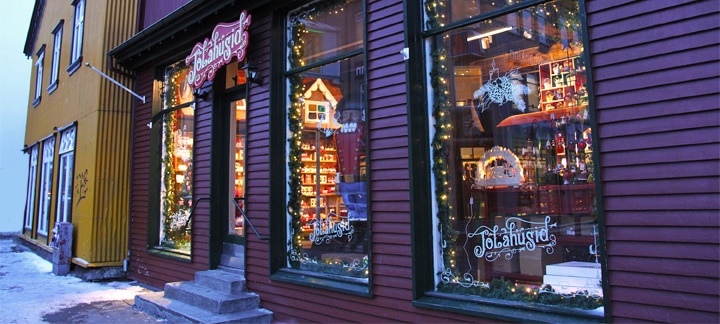Iceland is a small, but mature and sophisticated market, which must also rely on several key food imports, mainly from the EU, the US and Asia because of its climate.
The country has a population of only 332.500 people, most of them concentrated around the capital region of Reykjavik and a GDP that is slowly recovering after the 2008 crisis.
Iceland’s total imports have risen by around 9% year to year, with a record in the summer of 2015. 9.9% are from the food and beverages sector and the vast majority, worth 295 million Euro, are from the European Union. Other important import markets are the United States, China, Brazil and Japan.
The Nordic country’s food imports from the EU region that saw a larger growth in the last years are: infant food, flour, milk preparations, fresh & dried fruit, fruit preparations, vegetables, nuts and bovine meat. Spirits, wines and liquor imports have also grown at a fast rate.
Iceland imports a majority of coffee, tea and spices, fruits and nuts from Brazil, beverages from Italy and France and vegetables from Netherlands.
Producers looking to enter the market, who are searching for food importers and distributors from Iceland, should first know that the importing is mostly done by wholesalers and agents. They also handle most of the marketing and promotion tasks. Directly contacting retailers, especially for US companies, can be a solution, as retailers can also handle imports through their own departments.
Regarding potential barriers, food exporters should be aware on the country’s various import restrictions, above average tariffs, especially on grains and lower purchasing power than other Nordic countries.
